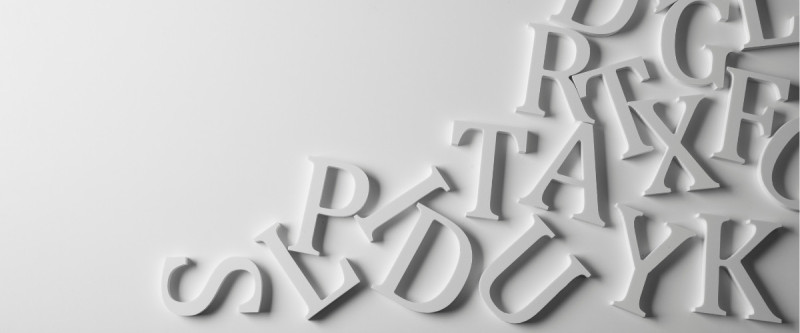How to say “in fact” in French? The right translations for each situation
The expression “in fact” is one of the most common connectors in English, but its translation in French depends on the context. It can be used to confirm information, correct a misunderstanding, or introduce an explanation.
Understanding how to say “in fact” in French is essential if you want to speak natural and nuanced French, both in writing and in conversation.
Here are several ways to use this expression depending on the situation:
- “In fact” = en fait
This is the most direct and frequent translation. It’s used to correct or clarify information, similar to “actually” in English.
Example: En fait, je ne travaille plus là.
Translation: In fact, I don’t work there anymore.
2.“In fact” = en réalité
Used when you want to emphasize what’s really true, often to contrast with what someone thinks. It’s slightly more formal and common in writing.
Example: En réalité, il parle très bien français.
Translation: In fact, he speaks French very well.
- “In fact” = effectivement
This word is used to confirm or reinforce an idea, more like “indeed” in English. It’s often used to agree politely or emphasize that something is true.
Example: Effectivement, le français est essentiel pour travailler en Suisse romande.
Translation: In fact, French is essential for working in French-speaking Switzerland.
- “In fact” = de fait
A bit more formal, this phrase is used in written or academic French to mean “as a matter of fact” or “in practice.”
Example: De fait, la plupart des entreprises demandent un bon niveau de français.
Translation: In fact, most companies require a good level of French.
- “In fact” = en effet
Although “en effet” can sometimes translate as “in fact,” its meaning is closer to “indeed” when confirming or explaining something.
Example: En effet, j’ai parlé avec lui hier.
Translation: In fact, I spoke with him yesterday.
Common mistakes to avoid
Some French words look similar to “in fact” but have different meanings. Here are a few false friends to watch out for:
1.“Actuellement” ≠ “in fact”
This is one of the most frequent mistakes made by English speakers. “Actuellement” means “currently,” not “actually” or “in fact.”
Example: Actuellement, j’habite à Lausanne. (incorrect) / En fait, j’habite à Lausanne. (correct)
Translation: In fact, I live in Lausanne.
To remember:
Actuellement = currently
En fait = in fact / actually
- “Effectivement”, careful with context
Although effectivement can sometimes translate to “in fact,” it’s only correct when confirming an idea not when correcting one.
Example: Effectivement, tu as raison. (confirmation --> correct)
Translation: In fact, you are right.
There are several ways to translate “in fact” into French, depending on the meaning you want to convey. Mastering these nuances will help you speak more fluent and precise French. Want to go further and improve your French vocabulary every day? Discover our tips to study and remember French vocabulary

